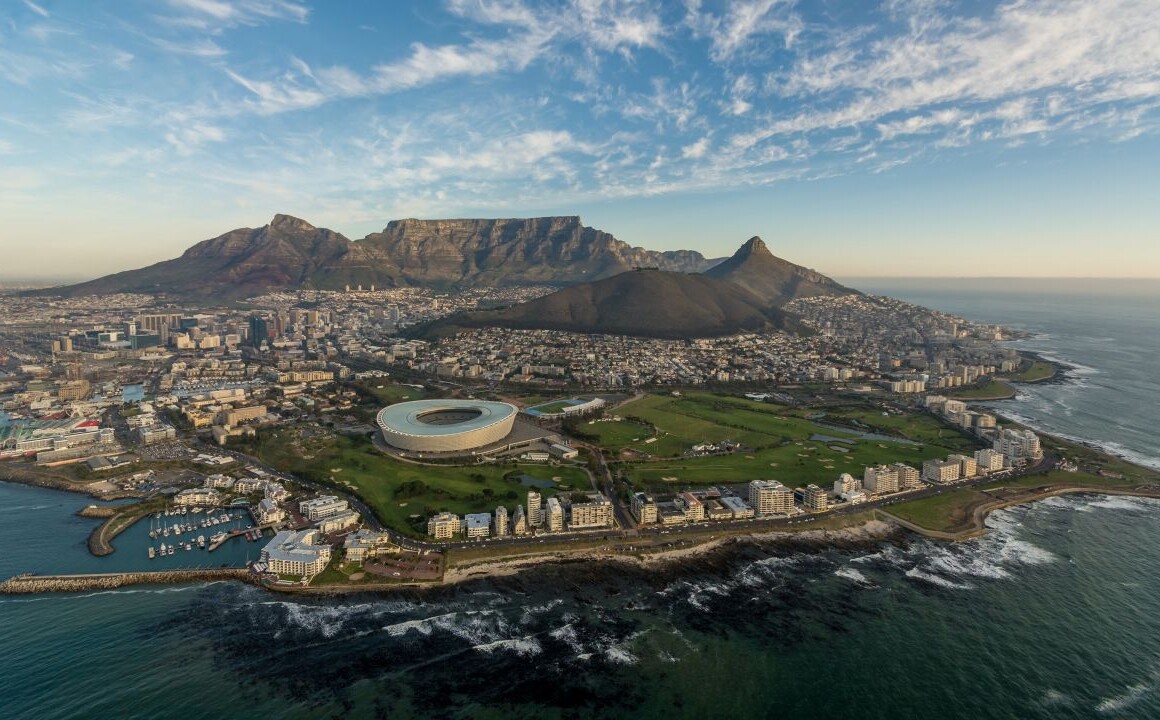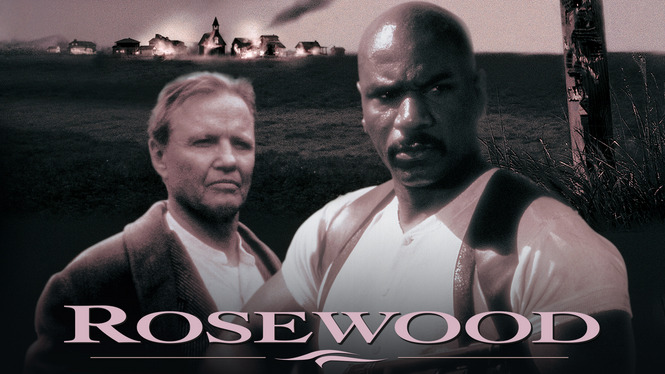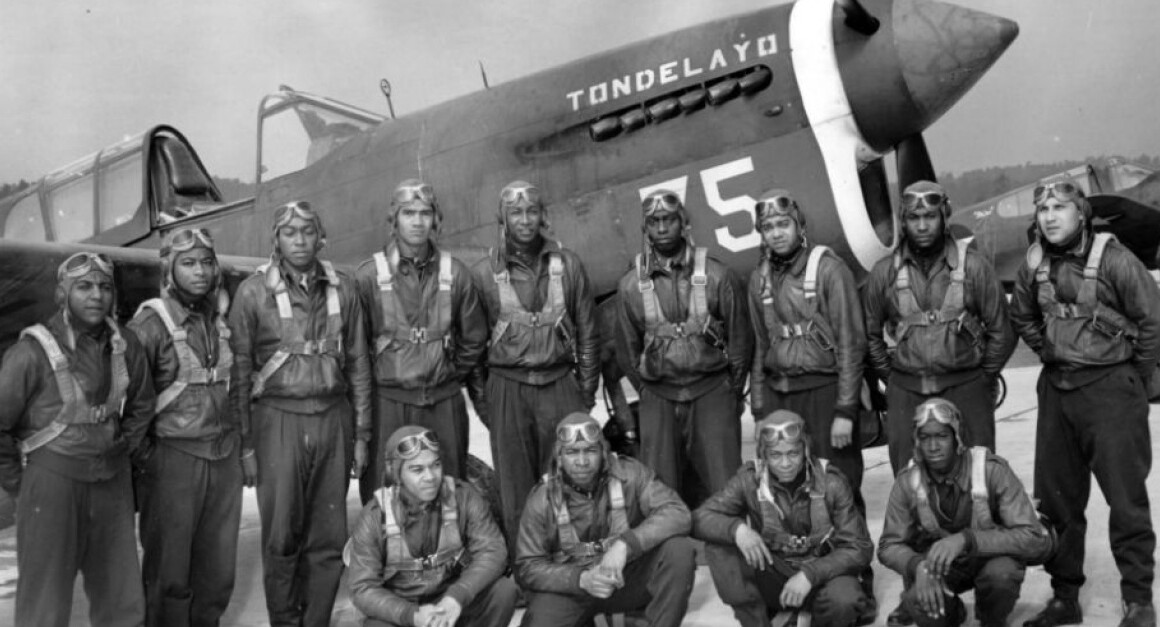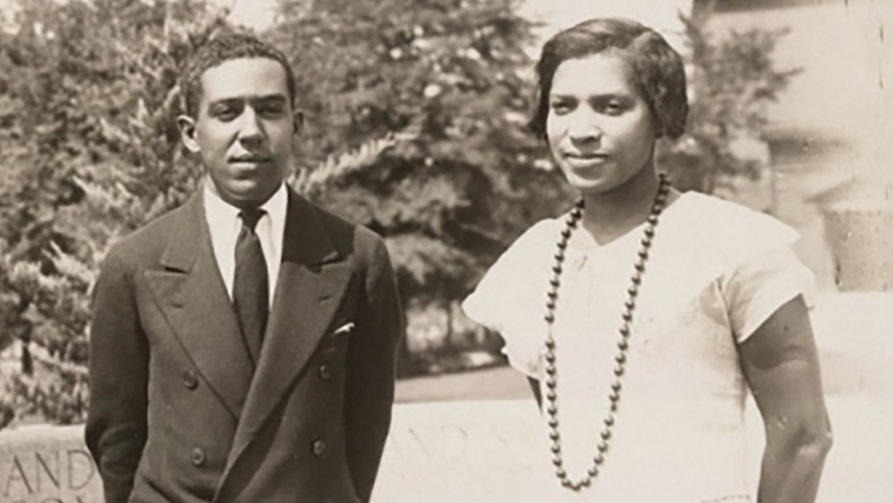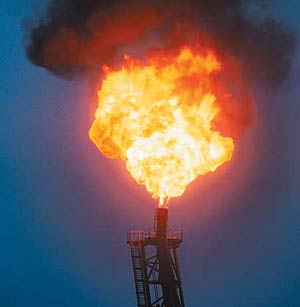
War Profiteers, in Africa, as Well as Iraq by Dena Montague
Bush creates a corporate protectorate in Iraq, many companies who stand to benefit from reconstruction and oil exploration there are familiar to Africans. Shell, Bechtel and Fluor Corporation are all associated with massacres and crimes against humanity in Africa. Oil giant Shell Corporation had a hand in the death of Ken Saro Wiwa and the massacre of hundreds of Ogoni in the Niger Delta of Nigeria. Bechtel has profited from and exacerbated the ongoing war in the DRC. And Flour Corporation had tight relationships with the Apartheid regime of South Africa.
Shell in Nigeria
One of the latest announcements concerning executive positions in post-war Iraq was that Philip Carroll, former chief executive of Shell Oil Company, is a “a leading contender to oversee Iraqi oil production,” according to the New York Times. Mr. Carroll, who headed Shell through the 1990, oversaw the company’s Nigeria operations during the dictatorship of Sani Abacha, a time of massive political upheaval. Shell was, and continues to be, the largest oil producer in Nigeria.
During the 1990s a powerful people’s movement emerged in the Niger Delta, Nigeria’s main oil producing area, to hold the company accountable for massive environmental damage caused over decades by its operations there. The movement began with the Ogoni people, a small community of half a million people living on land which contains some of the sweetest crude oil in the world. Shell’s operations on Ogoniland devastated the people’s farming and fishing areas, which were central to their survival.
Internationally renowned political activist, author and Nobel Peace Prize nominee Ken Saro-Wiwa led the Movement for the Survival of Ogoni People (MOSOP) based on principles of non-violence. The movement was met with violent retaliation from the Nigerian military, supported and paid for in part by Shell Oil Corporation. In reaction to Ogoni protests, the Nigerian military under Abacha detained and abused thousands of Ogoni and summarily executed hundreds, including Ken Saro-Wiwa.
Carroll was CEO of Shell Oil throughout this period and his company regularly collaborated with the Nigerian military during the uprising, according to Human Rights Watch. Shell admitted to having made direct payments to Nigerian security forces and importing arms used by the Nigerian police. In fact, the company continues to have its own police force known by people in the region as the “Shell Police,” and that force continues to be linked to civilian deaths in the area. The Bush Administration claims it wants to ensure that the sale of Iraqi oil benefits the Iraqi people. If this is true, the man tapped to lead the revival of Iraqi oil industry, is not the right person for the job. Carroll led a corporation that collaborated with the brutal Nigerian military under Abacha and did nothing to ensure that the population benefited from the company’s presence. To this day, Shell has failed to successfully clean up the damage left behind on Ogoniland from production operations abandoned in 1993. The Nigerian population as a whole suffers tremendous poverty in a country that lacks a functioning infrastructure, despite having in the world’s sixth largest oil producing capacity. Is this the legacy the Bush Administration plans on leaving in Iraq? It is the legacy left by Shell Oil Company under Carroll.
Bechtel in the DRC
As one of the largest construction and engineering companies in the world, Bechtel is the top contender for hundreds of millions (and potentially billions) in reconstruction contracts for post-war Iraq. Some attention has been paid to the mess the company has made in Boston and possible conflicts of interest because of its close connections to the Bush administration.
But, there are ongoing concerns about Bechtel’s role in the Democratic Republic of Congo that have not received adequate attention. Bechtel was interested in winning business in the mineral-rich Congo and established an early and friendly relationship with the rebel leader Larent Kabila in 1997, before he took control of the whole country. Bechtel went one step further than many of its Western competitors involved in the Congo by supplying high-tech intelligence and offering to draw up a master development plan and inventory of the country’s mineral resources free of charge. According to the Wall Street Journal, the company compiled, “the most complete mineralogical and geographical data of the former Zaire ever assembled, information worth a fortune to any prospective mining or oil firm.” The company also commissioned and paid for NASA satellite studies of the country to develop detailed maps of the DRC’s mineral potential.” Robert Stewart, an executive representing Bechtel International Inc. became a trusted advisor to the Congolese leader, traveling the country with Kabila.
Coincidentally, one year after Bechtel initially expressed interest in mapping the mineral date in the DRC, coltan was discovered in the eastern region. This mineral is used in cell phones, computers and high tech devices. Since the discovery of the mineral, rebel groups in the Congo have made hundreds of millions of dollars on the illicit sale of coltan to the U.S., Europe and Asia.
Fluor in South Africa
Fluor Corporation is one of the largest engineering and construction companies in the world, and it is one of Bechtel competitors for reconstruction contracts in Iraq.
In the 1980’s Fluor was accused of helping to further apartheid in South Africa through business dealings with the white government, where the company helped build what was at the time the world’s largest plant producing commercial oil from coal. The project was proposed to guarantee a domestic supply of oil as international supplies were cut off due to sanctions.
Fluor also helped build oil refineries in apartheid South Africa. As The Guardian reports, Fluor is the subject of “a multibillion dollar lawsuit claiming that it exploited and brutalized black workers in apartheid-era South Africa.” Part of the claim includes accusations that “Fluor hired security guards dressed in Ku Klux Klan robes to attack unarmed workers protesting against poor pay and conditions.”




